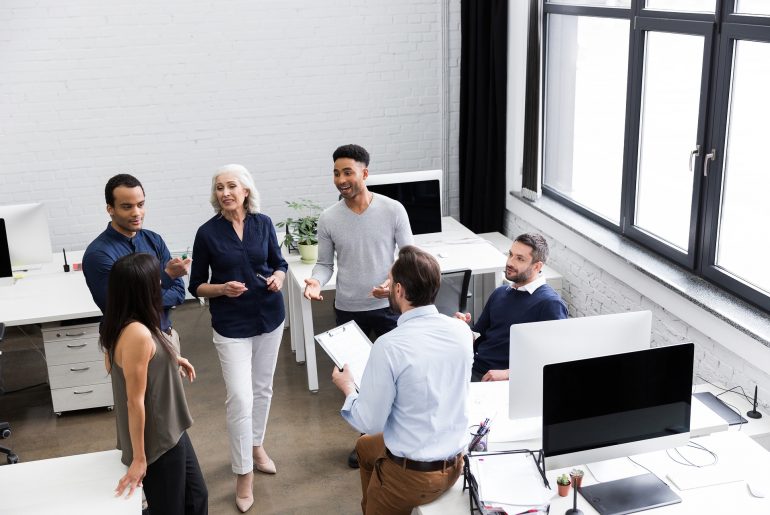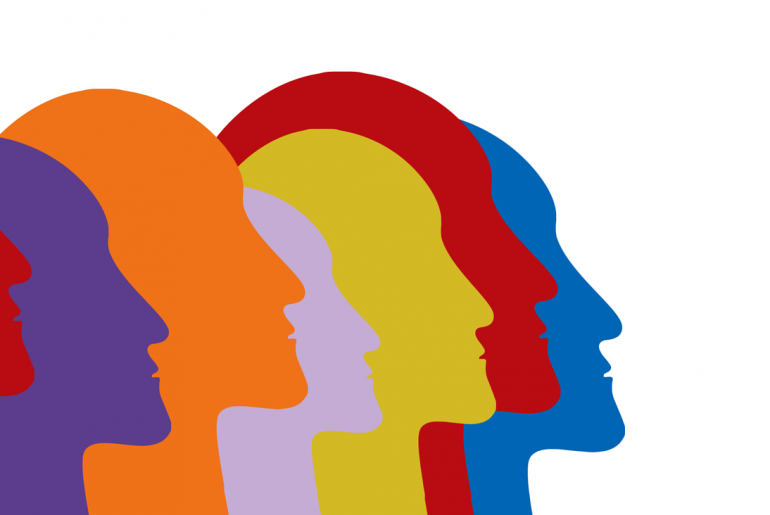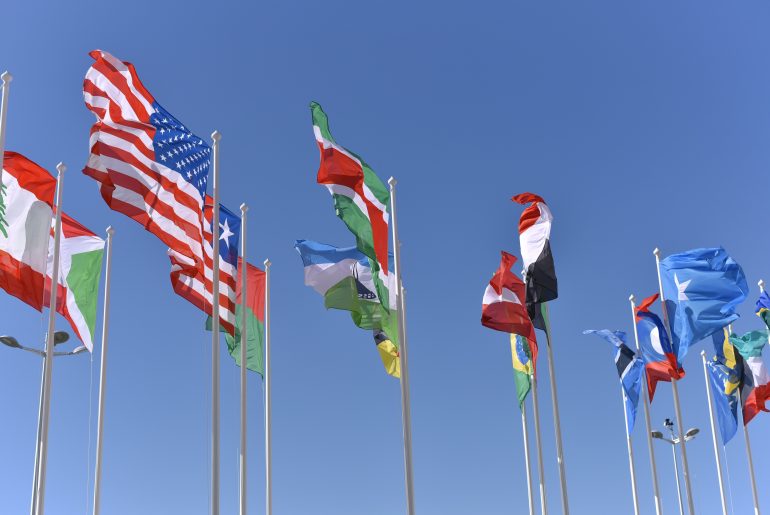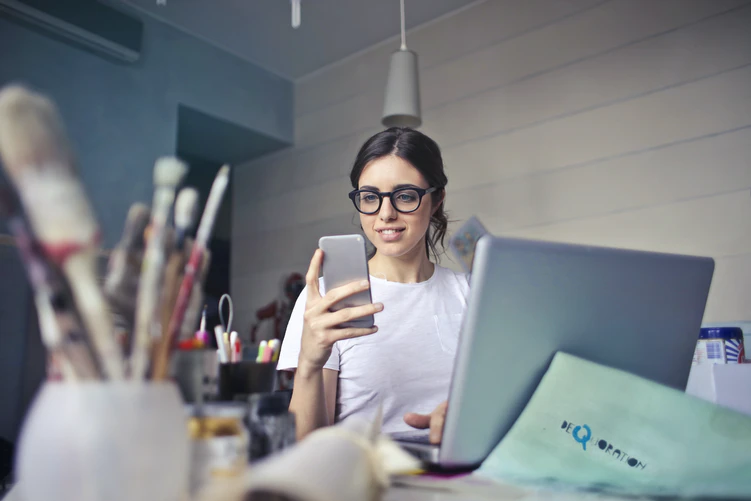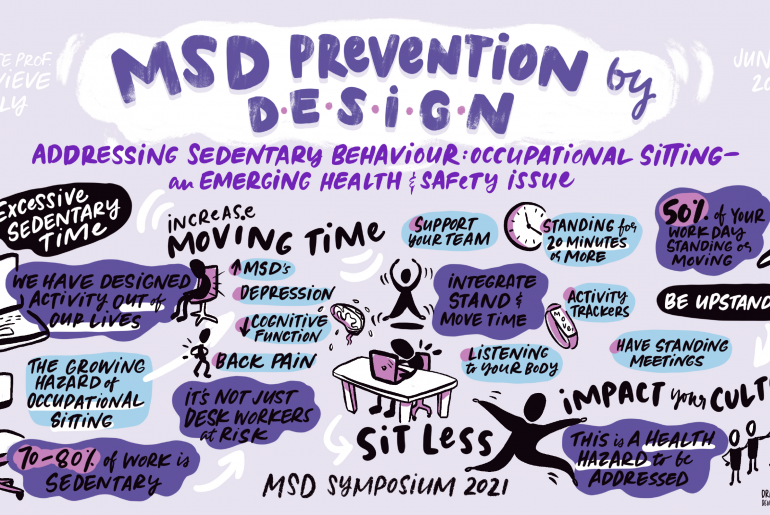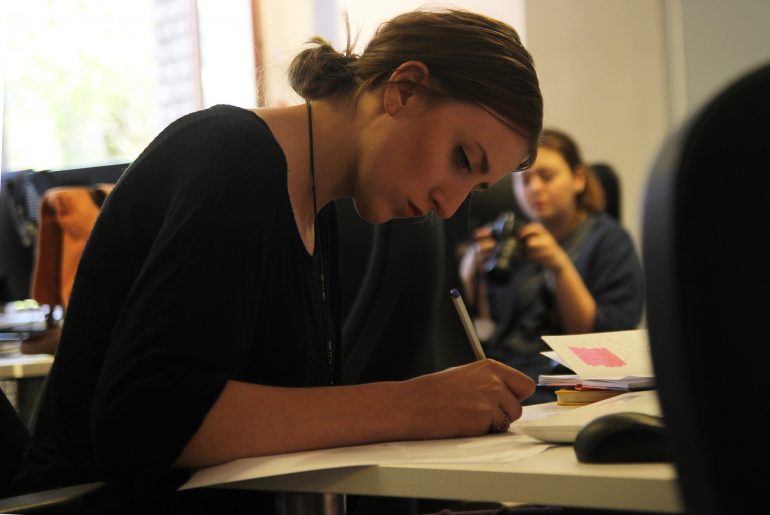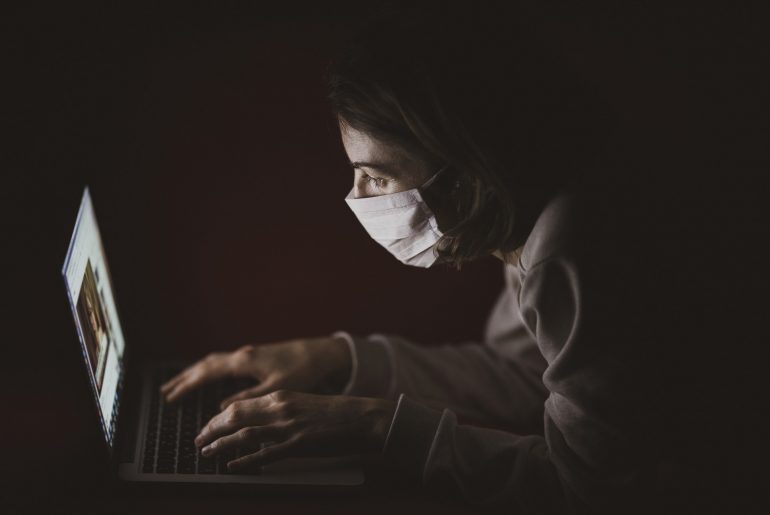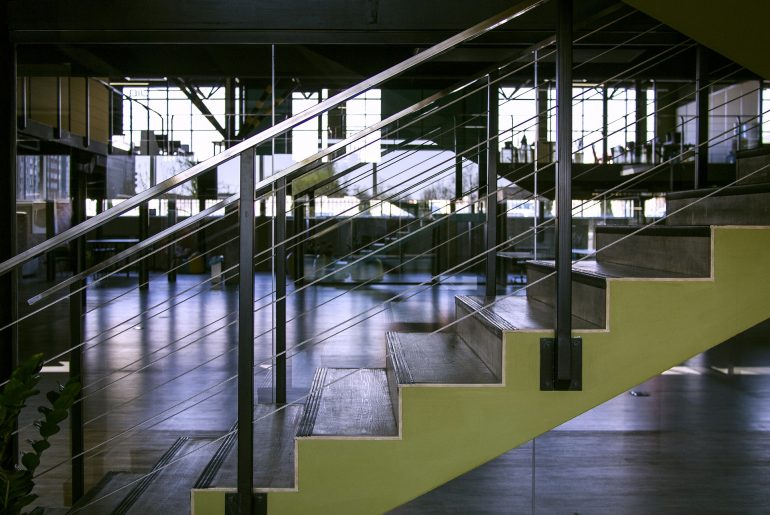The BeUpstanding program is based on over a decade of evidence into what works to help support desk-based workers sit less and move more. The foundation for the program was the Stand Up Victoria study, a randomised controlled trial where the research team delivered the intervention components and ran the evaluation. The initial translation of this intervention into an online program that uses a “train-the-champion” approach to guide workplace champions to deliver and evaluate the program themselves has been previously described, showing that it was effective and acceptable. In the latest paper from the BeUpstanding team we report on Phase 3 of the translation process – our early adopters of the program. What were we evaluating in Phase 3? Phase 3 ran from when we first went “live” with the program on September 1st, 2017 until the start of the national implementation trial in mid June 2019. The purpose of this phase was to test the sign-up process and the new platform that we had developed to be able to deliver and evaluate the program. We also wanted to evaluate the extent to which the program and processes were “fit-for-purpose” for our national implementation trial. To test this, we did…
![]()

